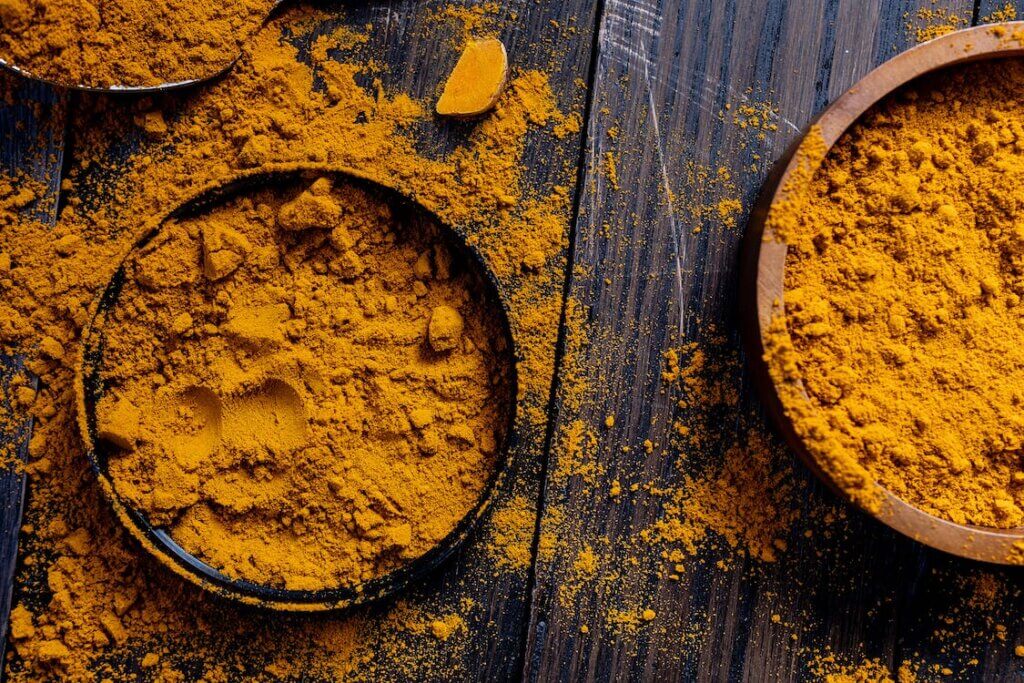As a result of 50 years of research, we have a better understanding of how eating patterns may prevent cancer and improve cancer survivorship, says Stephanie Meyers, MS, RDN, nutrition manager at the Leonard P. Zakim Center for Integrative Therapies and Healthy Living at Dana-Farber Brigham Cancer Center. Data from a global research effort called the Continuous Update Project has been analyzed to provide evidence-backed dietary and lifestyle recommendations for patients with cancer.
The Project makes general recommendations like limiting consumption of red meat, staying active to the best of one’s ability, and eating vegetables, fruits and whole grains. Meyers’ recommendations and guidance, below, addresses other common questions about supplements including Vitamin D3 (the active version of vitamin D), omega-3 fatty acids, and turmeric.
The importance of vitamin D and how to get enough of it
Research suggests adequate levels of Vitamin D vitamin may be important for cancer prevention as well as treatment and recovery, Meyers notes.
“The short version of the story is that cancer cells need certain conditions to be present in order to replicate, and adequate vitamin D makes those conditions less favorable for cancer growth,” she says.
Although the human body can synthesize vitamin D from the sun, it can be challenging for some to get enough exposure. If you live north of 37 degrees latitude, the sun is not strong enough during the winter months. And during the summer months, it’s important to take precautions in the sun (wearing protective hats and sunscreen).
Getting vitamin D from food alone can be difficult as well. Foods that have vitamin D either naturally or through fortification — like milk and fish — often don’t contain enough vitamin D to to raise or maintain a person’s vitamin D blood level to the optimal range.
If you are concerned about vitamin D, ask your primary care provider for a blood test to determine your Vitamin D status. Meyers recommends that you consult with your provider to find out if a Vitamin D supplement is appropriate for you, and what dose is best.
Tip: If it’s recommended that you take vitamin D supplements, store them in the fridge.
Omega-3 fats: vegetarian sources vs. fish
Omega-3 fats are found in foods like salmon, herring and sardines. These fats have an anti-inflammatory effect on the body, which can be helpful for someone going through cancer treatment.
“Some research suggests that eating a diet rich in omega-3 fats can be beneficial for survivorship in some cancers like KRAS-wild type colon cancer,” Meyers adds.
Meyers also clarifies that certain vegetarian foods like walnuts and ground flaxseed have lower concentrations of a different form of omega-3’s than fatty fish. These vegetarian sources must be converted by enzymes in the human body to the active form of omega-3.
One way to get omega-3 fats is by eating fatty fish at least twice a week. If that’s challenging for you, speak with your care team (registered dietitian and oncologist) to determine whether or not omega-3 supplements are right for you.
Like vitamin D supplements, omega-3 supplements should be stored in the fridge.
How to integrate turmeric into your diet
Turmeric is a spice which contains the ingredient curcumin, a potent antioxidant and anti-inflammatory food.
“A common question in an integrative nutrition and cancer consultation is how to incorporate turmeric into your food,” says Meyers.
Turmeric can be used in a wide range of dishes and is especially prevalent in Indian cooking. It’s helpful to use cracked black pepper when cooking with turmeric since that increases the absorption of curcumin into the body tenfold.

The effectiveness of turmeric as a food versus a supplement is not fully understood.
“We don’t know how much of a turmeric supplement you would need to take and it’s unclear whether the pill form has the same benefit,” Meyers explains. For this reason, it’s important to use turmeric in its food form through recipes rather than relying on a pill.
Dana-Farber offers an On Demand library of nutrition videos, recipe links, livestream classes, and more online through MyZakim. Meyers also covers topics like these and others — such as what happens when a patient loses interest in eating — on her new podcast called “Eating with Cancer.”

For my first infusion,I brought a full lunch from DF cafeteria and ate during the entire three hours. I did it because the appt time would have left me famished if I had waited. Also I was not devastated by my diagnosis and suffered no anxiety or feelings that might have curtailed my interest in eating. Later during each of my I day a week, 12 weeks of chemo got fresh soups from BW cafe with a great piece of fresh bread and always an Odwalla green supersmoothie . I never had any nausea and only slight fatigue….so I have wondered if eating at the very time of the infusion might keep nausea at bay at the. Ery start of chemo?